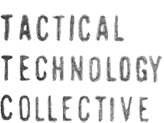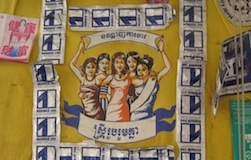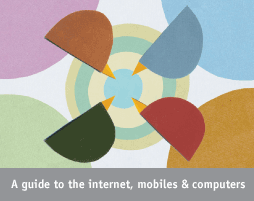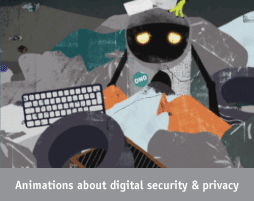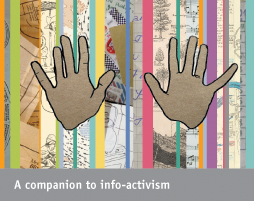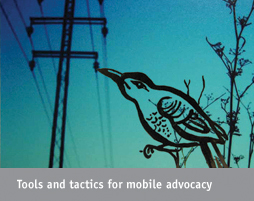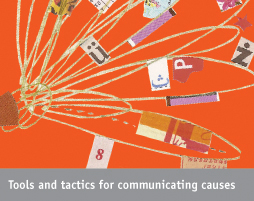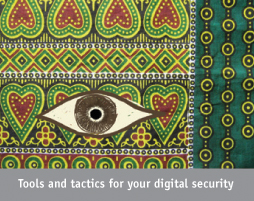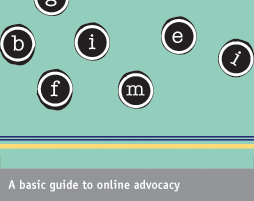Sex Workers' Advocacy
Mistreatment of sex workers, including serious and systematic violence, is widespread through the world. This project works with sex worker groups to help them defend their rights through evidence-based advocacy.
The perpetrators of violence against sex workers are often their clients, but more organised violence is carried out by local criminal gangs, political groups and the police themselves. In addition to the discrimination, social marginalisation and poverty that many sex workers live in, sex work is also criminalised in most countries. This enables serious mistreatment and violence to happen without repercussion for the perpetrators, and without empathy, redress or assistance for the victims.
Many sex workers communities across the world have created unions and other sorts of organisations to fight this injustice. They do so by documenting and collecting evidence of abuse, as well as running welfare, health and finance programmes to benefit their communities.
In 2007, Tactical Tech started working with sex worker groups in South Asia and South-East Asia to see how digital documentation technologies were being used to document and broadcast information about the mistreatment of sex workers. You can read a report from this work, here (pdf, 700kb).
We are now working in partnershiptwo sex workers groups, Women's Network for Unity (WNU), an association of over 5,000 sex workers in Cambodia, and Durbar Mahila Samanwaya Committee (DMSC), whose membership of over 60,000 sex workers are based in Calcutta and across the West Bengal region of India. Tactical Tech's research partner for this project is REACH.
This two year collaboration has two main parts: capacity development, and research. The capacity development activities are focussing on how WNU and DMSC already gather and use information about mistreatment and issues affecting sex workers. Through a set of different projects, we will explore together how particular technologies and approaches to documentation of mistreatment could benefit their communities and strengthen their campaigns. The research part will look at the sort of effect and impact these technologies have, and identify approaches, methods and tools that may benefit other sex worker groups and marginalised groups.
